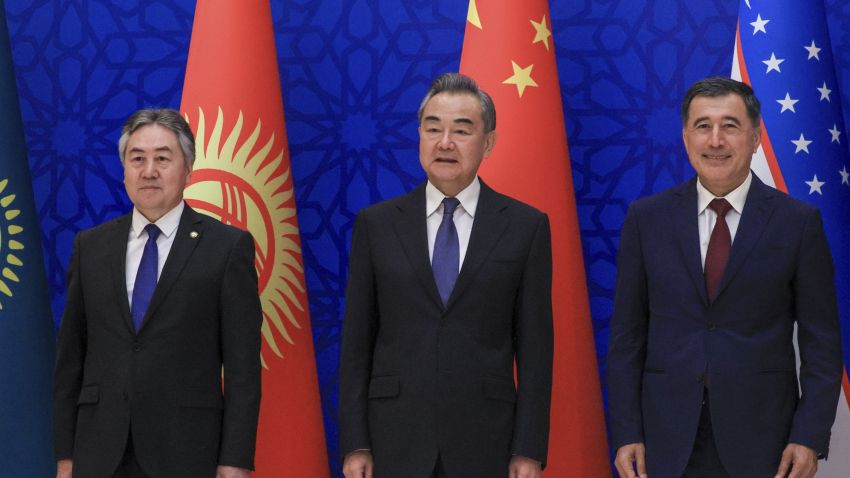Chinese Foreign Minister Wang Yi’s tour of Central Asia in late July highlighted Beijing’s growing influence in the region. Previously stalled projects now seem to be unblocked, while bilateral trade with the five Central Asian republics is set to grow further, in many cases firmly outpacing Russia’s position.
Indeed, China has been active lately in Central Asia. Since the onset of the coronavirus pandemic, Chinese support became critical to improve the region’s access to COVID-19 vaccines as well as infrastructure project development and postponement of debt payment. That further reinforced the role Central Asia has played as the launchpad for Beijing’s sprawling and controversial international development program, the Belt and Road Initiative. China had already become a top trade partner and investor in Central Asia, in most cases surpassing Russia, its silent rival in the region. With Moscow now heavily preoccupied with its prolonged and so far unsuccessful war in Ukraine, Beijing is poised to secure its lead once and for all.
So far, China and Russia have largely stayed out of one another’s way when working in the region. Beijing has not challenged Russia’s military superiority, just as Russia has not stood in the way of China’s quest for natural resources or increased commercial activity in all five Central Asian states: Kazakhstan, Kyrgyzstan, Tajikistan, Turkmenistan and Uzbekistan. It helped that the two powers have had other, much bigger geopolitical concerns that could serve as a glue in their relationship. Animated by opposition to the United States, Beijing and Moscow have preferred to downplay their differences in Central Asia.

